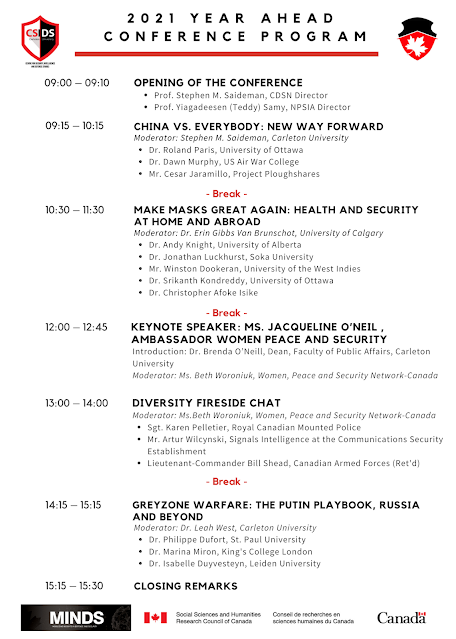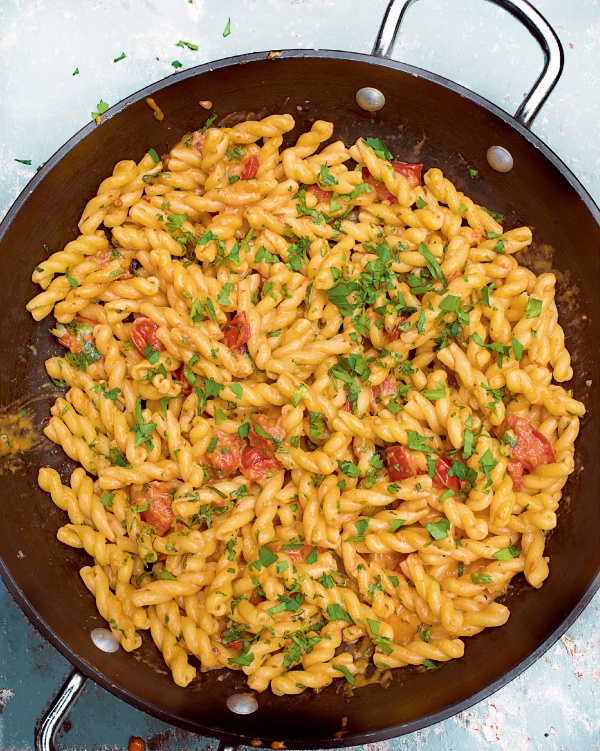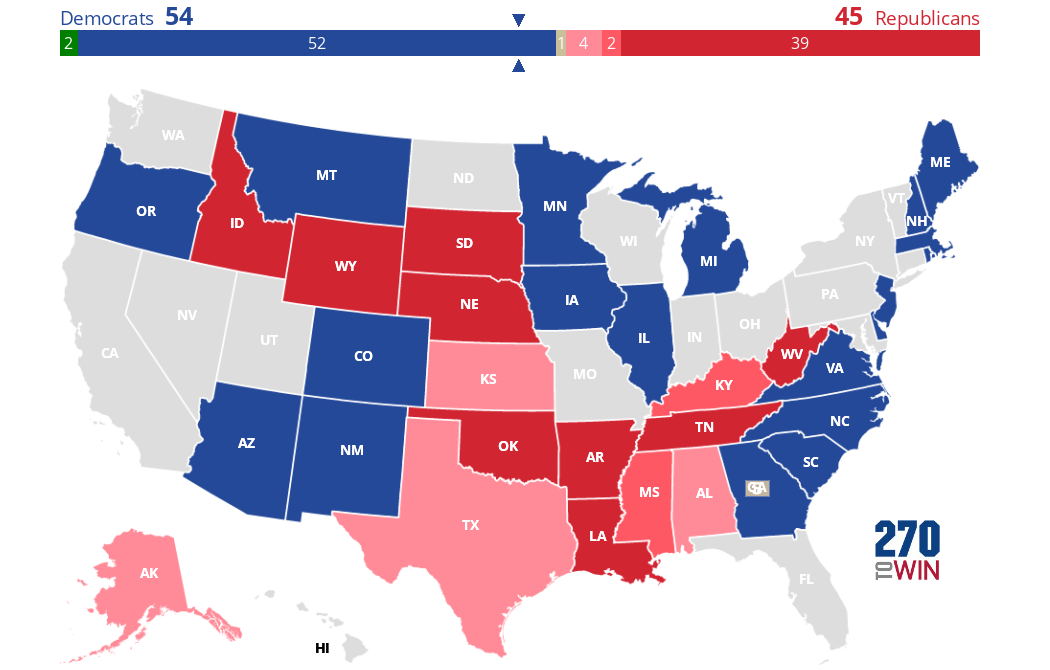The highlight, of course, of this week was Thanksgiving. I got to see nearly all of my family via a Thanksgiving zoom. I got to eat a lot--the apple hand pies were fun to make and more fun to eat. Alas, I could not find canned yams, and I didn't boil the fresh ones long enough. So, that classic dish didn't work out. But I did have extra mint so the mojitos were a pleasant new Turkey day tradition.
The schadenfreude of the week was the realization that Trump spent $3m on recounts in Wisconsin, ultimately increasing Biden's lead there. It is clear that Trump will burn everything down before he leaves, almost certainly giving a green light for the assassination of the Iran nuclear scientist, for instance. The pardon of Michael Flynn was to be expected, and it reminds us, of course, that Flynn plea-bargained, admitting his guilt, because he and his son committed other, more severe crimes than just lying to the Feds.
The frustration of the week was that while Biden's announced team thus far looks excellent, the dawdling over who gets to be SecDef has led to the names of retired officers being bandied about. And that is one thing worries me the most. I have already blogged about my preferences for Biden's cabinet with the most important rule for SecDef being no generals or admirals (maybe one somewhere else might be somewhat ok). I have contacted those I know in Biden-world to argue that civilian control of the military requires civilians. We knew it was a bad idea before Mattis was named, and it was proven by how Mattis as SecDef played out. He didn't see the job as a civilian overseeing the US armed forces but as an uber-general. Transparency declined, delegation without oversight to the commanders in the field increased with the result of more kinetic efforts (more drone strikes, etc), domination by the Joint Staff over defense decision-making, etc. I am hoping, as others are, that this effort to raise the names of General Austin and maybe others is more to push back against the progressives so that Michele Flournoy (the consensus candidate) will be more acceptable.
I was less frustrated by the news that Canada would be behind the US and UK in getting the vaccines out because Canada lacks the capacity to produce them. The media made much of this news this week, but this was always in the cards, especially after the one small capacity for vax production was tied to a Chinese vaccine effort. With China doubling down on its belligerence towards Canada, that domestic line became a non-starter. I am annoyed that Trudeau and his team keep blaming his predecessors (although there is blame to be had there) as they have been in power for five years. But much of the problem in Canada, the spikes, are related to provincial mistakes--in Ontario, in Alberta, in Quebec. Canada is more federal than the US, so there is less the federal government can do to push around the subunits. And, alas, Ontario and Alberta are led by folks who are the closest candidates for Canadian Trumps. In Quebec, it is far more important to worry about the possible decline of French than to develop good policies for keeping French speakers (and others) alive.
We are seeing that this winter is going to be very difficult, with cases spiking and isolation increasing. As always, I encourage folks to connect, whether it is by phone, zoom, skype, or whatever. This will, alas, get worse before it gets better. But the vaccines are most promising, so I am hoping that I will see my family in person next Thanksgiving. And I am relying heavily on my narrow memory of the 1920s--bars, drinking, dancing, theater-going--to inspire me--that we will get together and have fun and such in the not-too-distant future. Be well!















 Click the map to create your own at
Click the map to create your own at